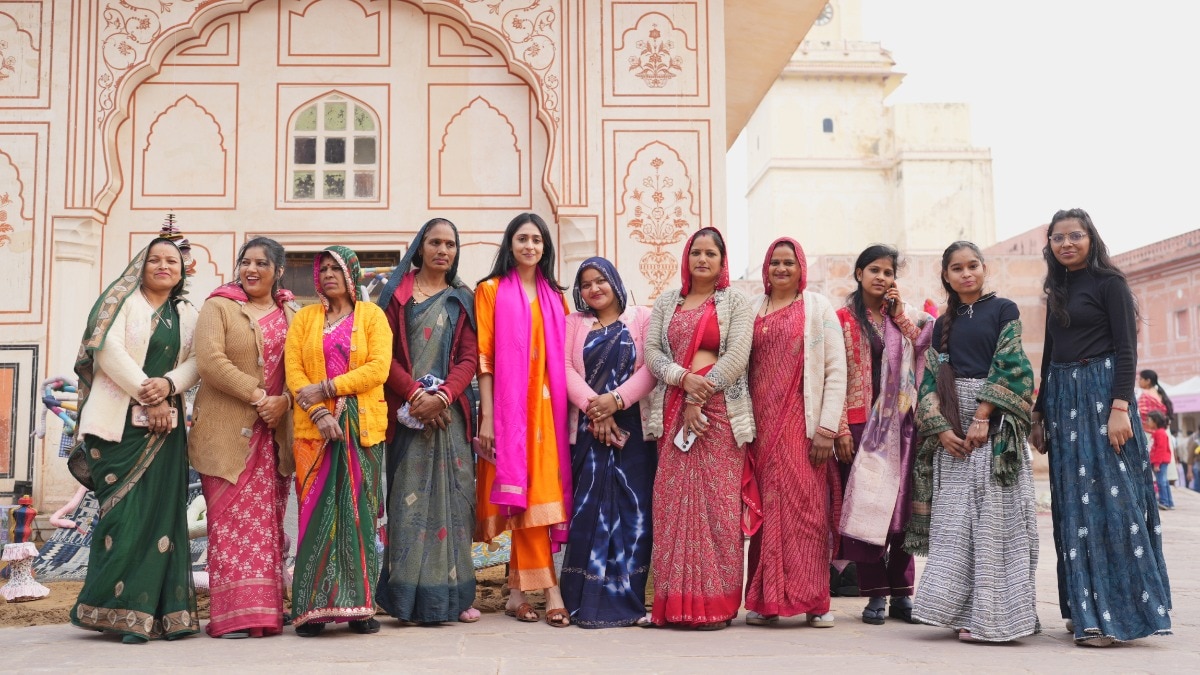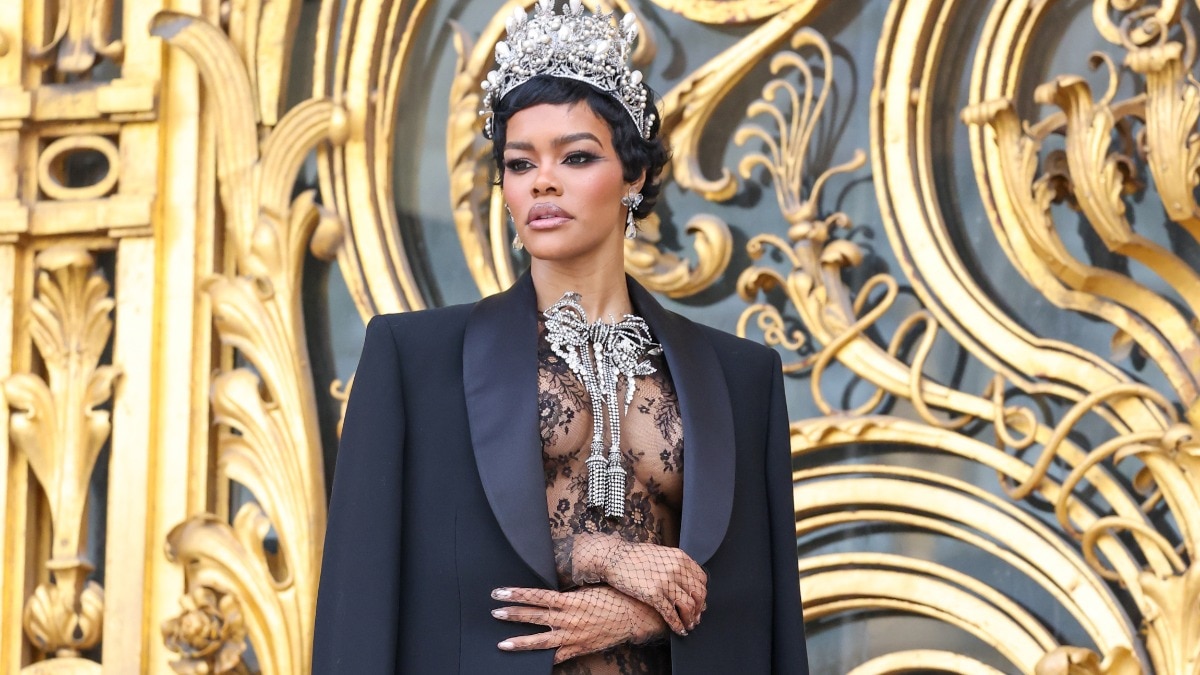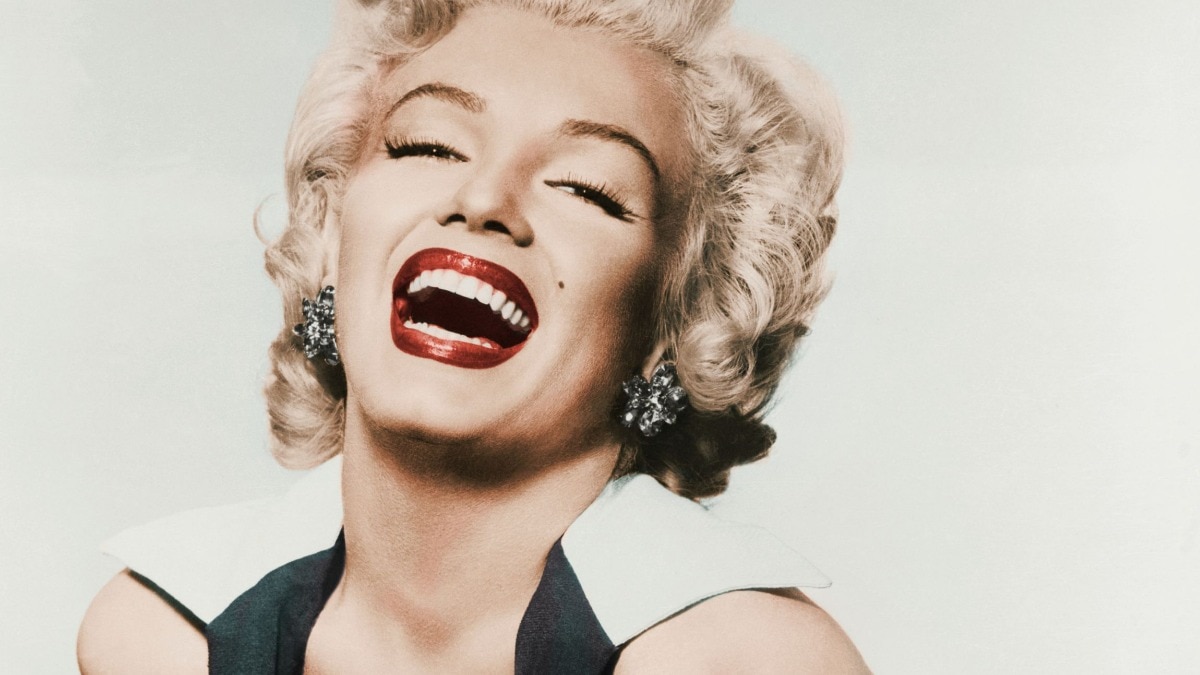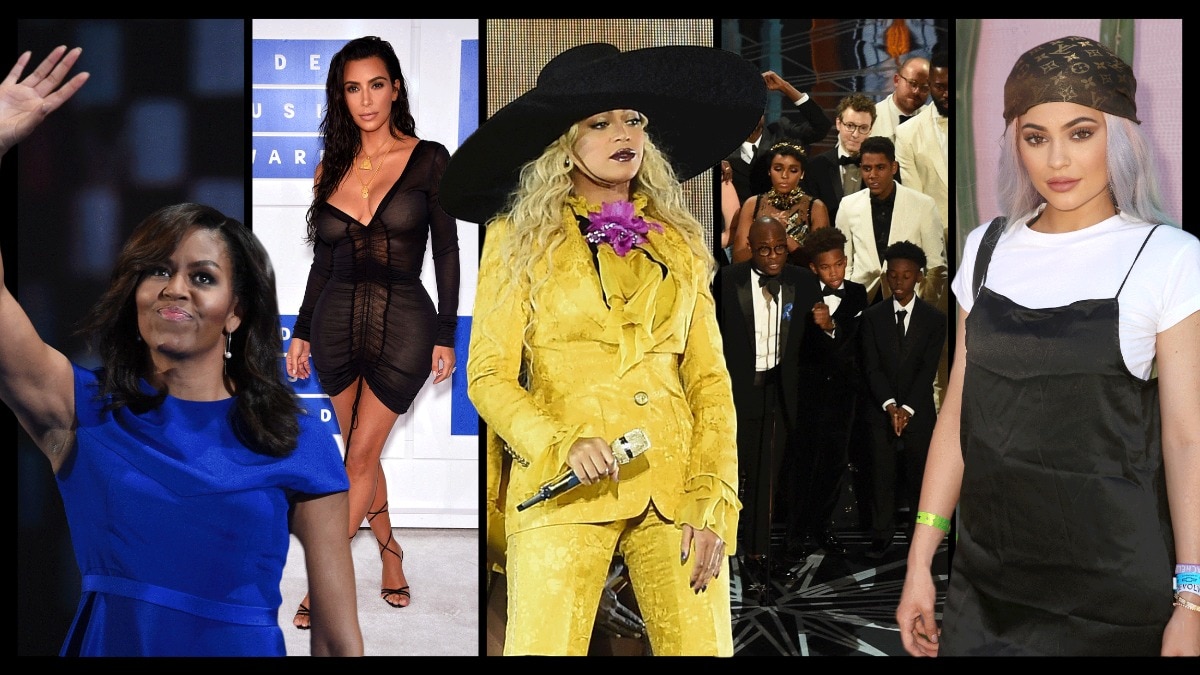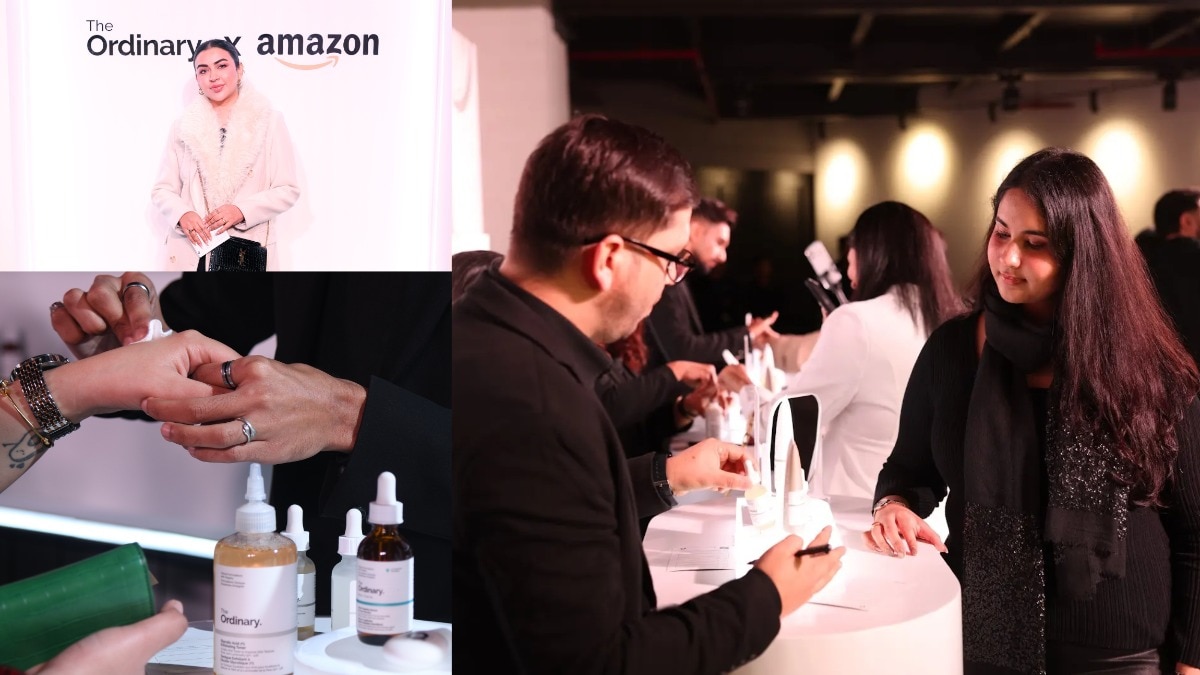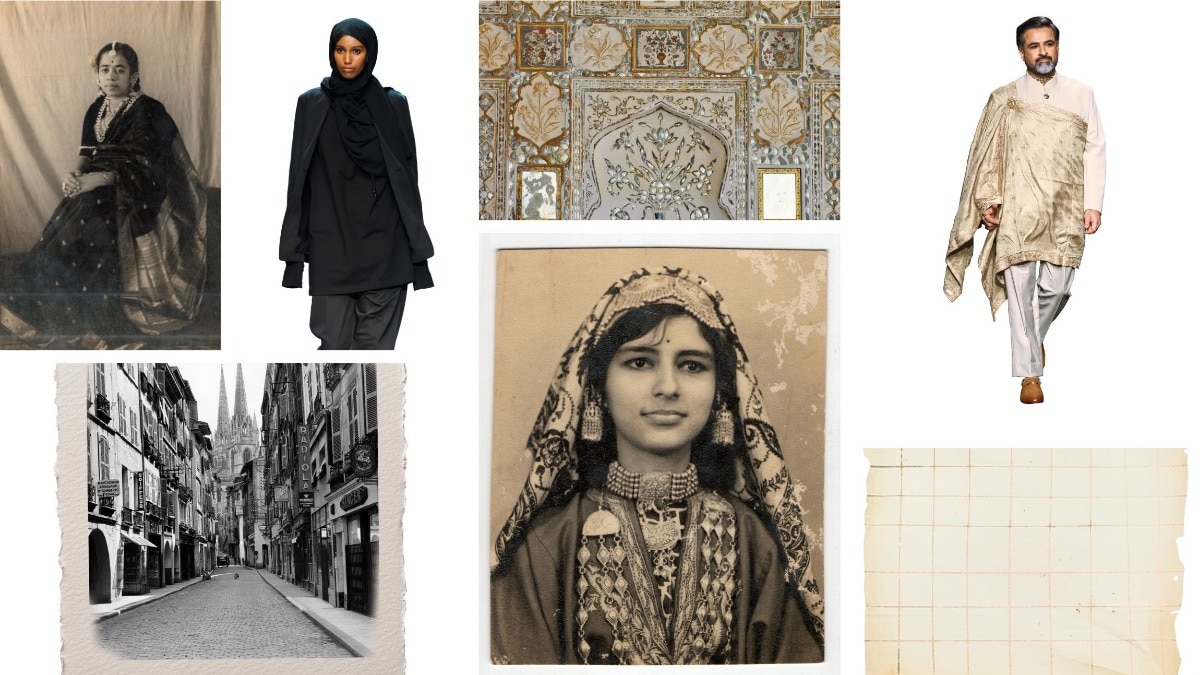
Celebrating Huemn's delightful decade as the custodians of community
Bazaar India editor Nandini Bhalla speaks to the co-founder Pranav Misra on the brand’s evolution and future.


To even insinuate that the founders of Huemn—a brand that can rightly be called the early custodian of India’s streetwear movement—started their design journey by creating a teal blue Anarkali would seem implausible. But Pranav Misra (currently the CEO, he co-founded Huemn with Shyma Shetty) confirms, explaining that “the landscape was very different” back when they were still to launch. “The moment we made that Anarkali dress, we realised this is not what we are,” he adds. Huemn launched in 2012, and quickly became the kind of label that was popular with the 'cool kids'. Sufficient credit may be given to the brand's sartorially unconventional designs that “throw light on the reality of life”. Case in point: Huemn's Blood range of T-shirts, featuring patterns that resemble blood stains, which was Pranav’s creative response to the acceptance of death after the passing of his father. Crafting clothes based on evocative concepts and supported by exceptional R&D is certainly the brand’s USP. But there is much more. In an industry where establishments are doubling and tripling efforts towards building communities, Huemn has managed to accrue—organically—a loyal community who will vouch for their designs. It's a valuable asset, and one which has contributed to Huemn's amplifying success. But while many of the label's advocates come for the uncommon T-shirts and sweatshirts, Pranav shares that streetwear is not the only sub-culture the brand intends to restrict itself to: “Yes, we are currently a part of the streetwear movement, but we don't want to be restricted by it. That is the story we are telling right now. But it might change, just how fashion changes.”

On tracing Huemn’s evolution—it began as a brand that was keen on engaging in sociopolitical dialogue through design only to later make statement pieces with a more elevated approach—you will understand why it is easy to accept Pranav’s admission that the brand is making revisions over time. The constants, however, are the consumer—defined as “the progressive sceptic”—and the brand’s storytelling. “Earlier, we were extremely attached to the concept of the core of what we wanted to say rather than the problems it [the design] is solving on a community or consumer level. Creating a bond between the consumer and the maker of the products takes time. I think we have achieved that—we now give 70 percent emphasis to innovation and 30 percent to familiarity. Stories are the focus [of the brand]...the human ethos and all the founding principles are still intact. Also, you never know how the brand will evolve a decade from now. But I think our community understands that, and that is where the sense of unique attachment comes from.”

A Huemn product, Pranav stresses, is a collaborative effort between the creators and the consumers. He elaborates, “People have always been at the core of Huemn. Collaborations are a very integral part of our design process, whether it is with artists, organisations, with the intent to create or disrupt, or to find a new customer base. We have constantly looked at traditional embroideries in a modern way and surface innovation is a primary part of our handcrafted work. But once the design finds its consumer is when it gets its core value. Take the ‘Gorilla’ insignia, which uses a simple quilting technique. We cracked the technique seven or eight years ago, and have continued with it. Also, [through our brand] a silhouette such as a T-shirt—we accidentally arrived at it after a lot of R&D—has found its place in the Indian consumer space. I’ve had thousands of people from different genders, heights, shapes, and sizes fit into the same T-shirt. Which is why I say a Huemn product gets its core value once it has found its consumer. We also know that our designs have to be accepted and reach people’s wardrobes, which is why we shifted our price points...to make the brand more inclusive.” Though inclusive in its approach, it wouldn’t be wrong to say that Huemn’s brand advocates belong to a sartorial sect. “No matter how accessible the prices are, the entry into the brand has a certain sense of exclusiveness to it. I think we have tried to keep that balance, and somehow it has worked,” shares the designer.
Inspiration, mentions Pranav—who is also a popular poet—is personal, and can come from a slew of artists. For instance, philosopher Francis Bacon’s paintings, which often featured elements from a slaughterhouse, or even photographer Weegee’s [Arthur Fellig] street crime photography, have piqued his interest. The works of American poet Charles Bukowski and Austrian poet Rainer Maria Rilke have also been influences in Pranav’s life. “If it leaves an impact on us, we try to imbibe the ethos into our clothing. Then we introduce it to our community. For instance, Bukowski’s work influenced me personally. And many Huemn customers, who weren’t aware of him, bought our T-shirt with his quote on it. Sooner or later, they’d be curious to know Bukowski’s work.” The same holds true for Rilke— Pranav mentions how he felt impelled to create a trilogy series for Huemn thanks to the lyrically-intense verses written by “one of the greatest poets of all times”.

Ask the designer how much of an impact Huemn has had on India's fashion landscape, and he says, “Everything that is visual, especially clothes, can play a huge role in the elevation of your aesthetic sense. I don’t know how much impact we are making or will be able to make, but I am happy that it has been a learning curve for me.
There has never been a dull day, either it has been high or a low. I think I’m just blessed to be on that journey.” Despite Pranav’s modest response, fashion enthusiasts will likely agree that it is Huemn’s readiness to disrupt the status quo that helps the brand find its clan. Pranav adds that it is crucial for brands in fashion to be that way, “More than disrupt, I feel you need to be a demolisher of ideologies. Because it is essential for dated, borrowed ideologies to be pushed aside so you can give space to the new. That is the way society and fashion will progress. We pay a lot of attention and respect to seniors [in the industry]. But, especially in fashion, only a person who is far younger than you will demolish the patterns set by you. They should be your source of inspiration,” he remarks. From a strategy and business perspective too, Pranav has chalked out the brand’s expansion plans. He concludes, “We are expanding our e-commerce platform. And next year, we are looking at opening Huemn stores. The brand is also in talks to accelerate community building in Paris and Shanghai, and we hope to take Huemn's narrative beyond India.”
Credits in lead photo: Clockwise from left: Return of the Gorilla T-shirt, ₹5,100, Return of the Gorilla Flap PocketSweatpants, ₹22,500, Huemn Blood Washed Hybrid Sari-Pants, ₹36,500, Huemn Blood Washed Distressed Edge Denim Blazer, ₹17,500, Huemn Blood Washed Distressed Edge Denim Pants, ₹13,500, 1000 Panel Denim Dress, ₹35,000 On Pranav: Handcrafted Shikara Blazer, ₹99,000 and The New World High Waist Pants, ₹8,500



